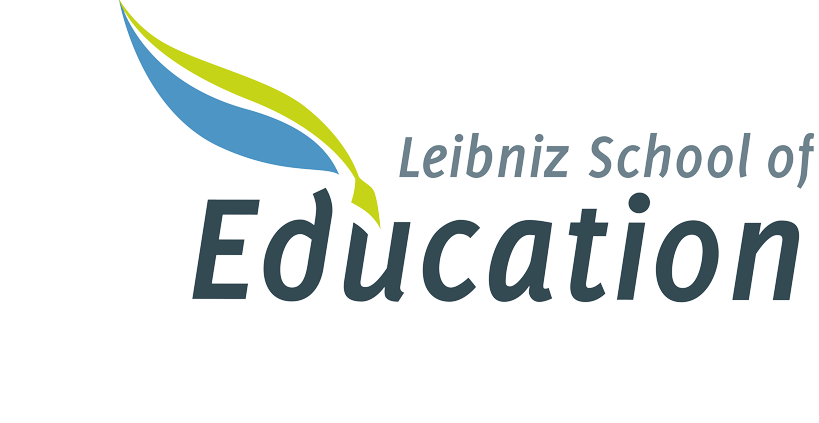The political Framework: Transforming Our World - The 2030 Agenda for Sustainable Development
In 2015, the United Nations adopted the Sustainable Development Goals (SDGs) - the Global Sustainability Goals. These are 17 goals for a sustainable and just world and a broad catalog of demands for achieving these goals by 2030. The five P`s: People (dignified life and human rights), Planet (preserving the natural basis of life), Prosperity (prosperity for all), Peace (preserving peace) and Partnership (global solidarity and cooperation) are the guiding principles of the agenda. Although the 17 goals describe different problem areas and fields of action, they are to be understood in their systemic contexts as a holistic transformation agenda. For the first time in the history of global development discourse, the SDGs, as the successor to the Millennium Development Goals, explicitly focus on the development needs of the countries of the Global North, as the main cause of global crises. More space is being given to perspectives from the global South, and the Eurocentric model of prosperity and development is being questioned and expanded - at least to some extent - in favor of alternative concepts.
As part of the international community of states, Germany has also committed itself to making its contribution to the global sustainability agenda - in its international engagement, but above all also in political reform processes here at home. Goals and implementation plans are set out in the 2030 Agenda of the German Federal Ministry for Economic Cooperation and Development (BMZ) and in the German Sustainability Strategy. In the sense of an overall societal effort, not only politics but also business, civil society, science and each individual are called upon to contribute to overcoming the challenges of the present.
The NGO Germanwatch operates an SDG monitoring portal "2030Watch", which critically monitors the implementation of the SDGs in Germany and calls for action.
The shift to a post-fossil and sustainable way of life and economy within planetary boundaries for the sake of limiting climate change and ensuring social justice worldwide is a millennium task. It goes far beyond technological solutions, but requires political action, societal rethinking, and cultural change. The upheavals that are already emerging and those that will be necessary beyond this have been described by the German Advisory Council on Global Change (WBGU), among others, as so profound that it has proposed the concept of a "social contract for a Great Transformation" for this purpose.
In resonance with this, the "eco-social transformation" has become accepted as a guiding term for imagining such (more or less radical) social change and is increasingly found in the vocabulary of political parties, social movements, science and political education. The term can be used synonymously with the concept of sustainable development, but it emphasizes the systemic and deep-reaching dimension of the necessary change (structural, systemic and cultural change).
The UNESCO program Education for Sustainable Development (ESD) is conceptually derived from the global Sustainable Development Goals (SDGs) and is generally understood as the educational response to the 2030 Agenda. SDG 4.7 defines access to ESD for all learners as a goal. This does not rule out that the SDGs are also critically considered in the context of ESD from a power-critical, postcolonial and emancipatory perspective. For example, Aram Ziai describes the SDGs as a "fig leaf" that suggests global action against poverty and climate change, while systemic causes and real power imbalances remain untouched.





